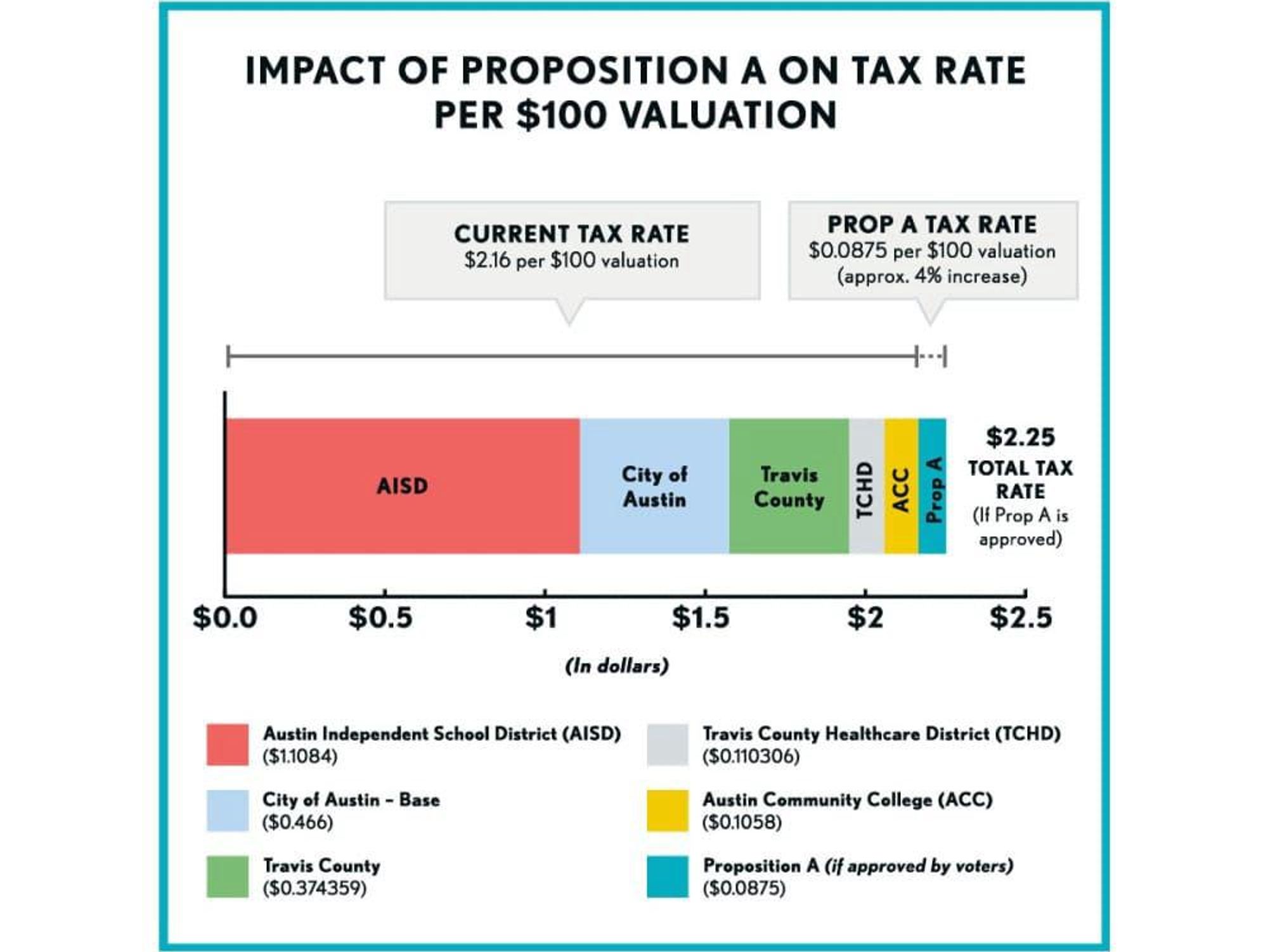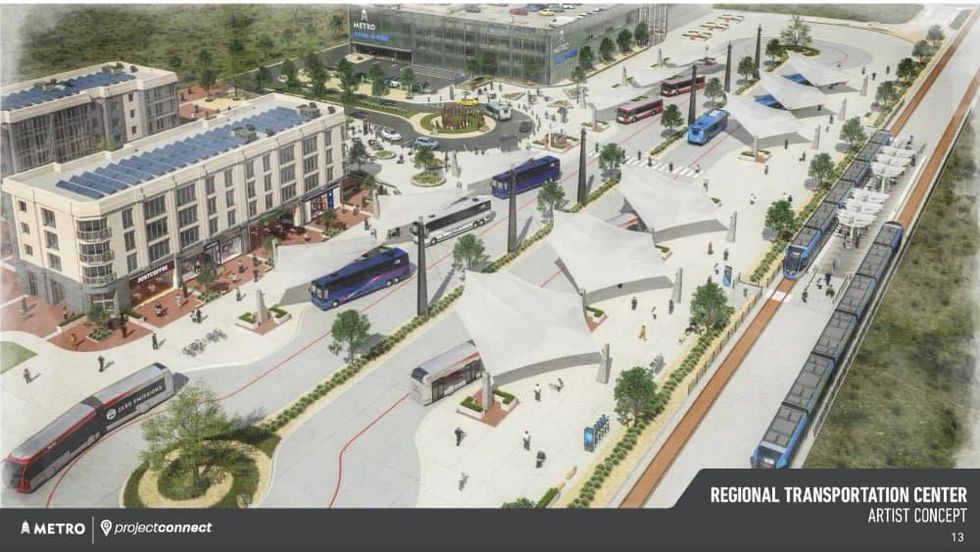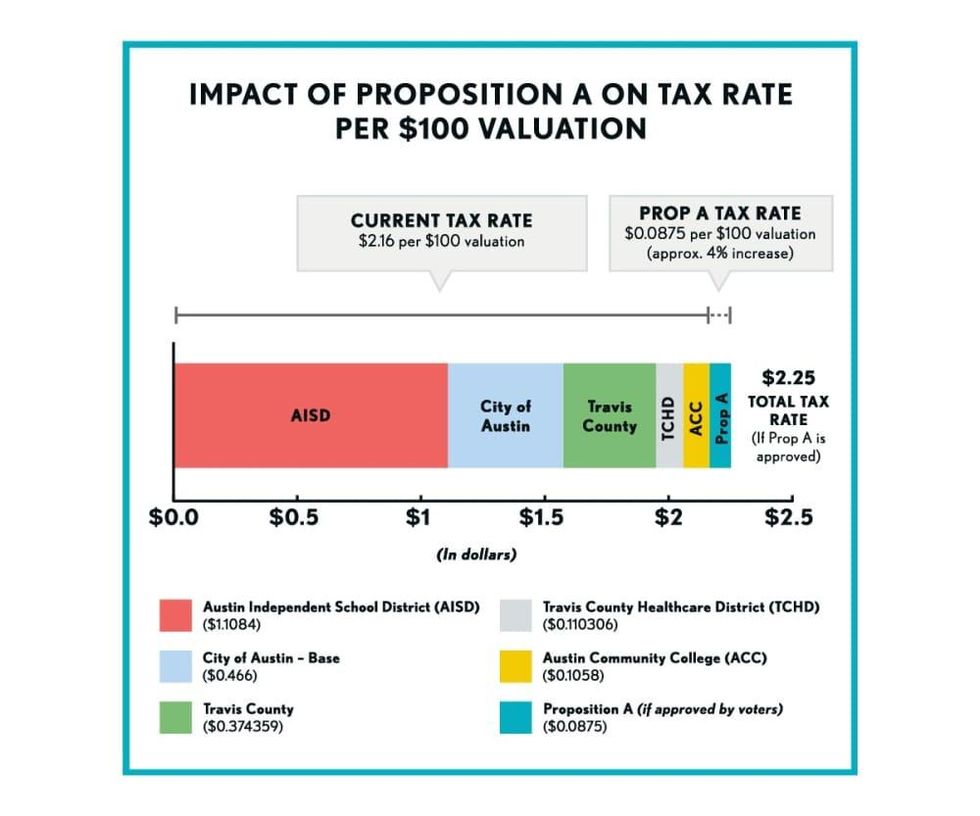Details, Details
Review the details on Project Connect’s ballot Proposition A

As we near the November election, let’s take a deep dive into Project Connect’s Initial Investment, which will appear on November’s ballot as Proposition A.
Project Connect: The Features
Project Connect’s Initial Investment includes a new rail system that would connect Austin’s north, south, and east neighborhoods with new stops and stations. Transit options would include more ways to get to destinations like the airport, The Domain, UT, Austin FC Stadium, East Austin’s Colony Park, and the South Congress District.
With more than 27 miles and 31 stations of new rail service, the plan also includes a tunnel under downtown that would serve as a connection point for the new rail system and is designed to improve the service’s reliability and safety by separating rail service from street-level traffic.
Project Connect also includes expanded bus service with an all-electric bus fleet serving four new MetroRapid routes, three new MetroExpress routes, 15 new Circulator zones, nine new Park & Rides, and CapMetro’s recently launched MetroBike fleet, which will be available at transit centers in the system.
The facts and figures
The Project Connect Initial Investment is $7.1 billion — with up to half of the costs to be supported by federal grants and commitments.
The City of Austin has created a tax calculator to help residents fully understand how much Project Connect will cost them through an approximate tax breakdown. This tool allows people to get a trusted estimate based on their exact home value.
The impact on an Austin homeowner’s overall property tax bill is approximately 4 percent. For example, a home value of $325,000 would result in an annual increase of $284 (less than 78 cents a day).
The included graphic shows the Proposition A tax rate impact, based on approved rates for Austin Independent School District (AISD), City of Austin, and Travis County, among others, to help understand the potential impacts of the investment.
The Initial Investment also includes $300 million to finance transit-supportive anti-displacement strategies related to Project Connect, which include neighborhood supportive affordable housing investments along transit corridors.
Visit ProjectConnect.com to learn more.


